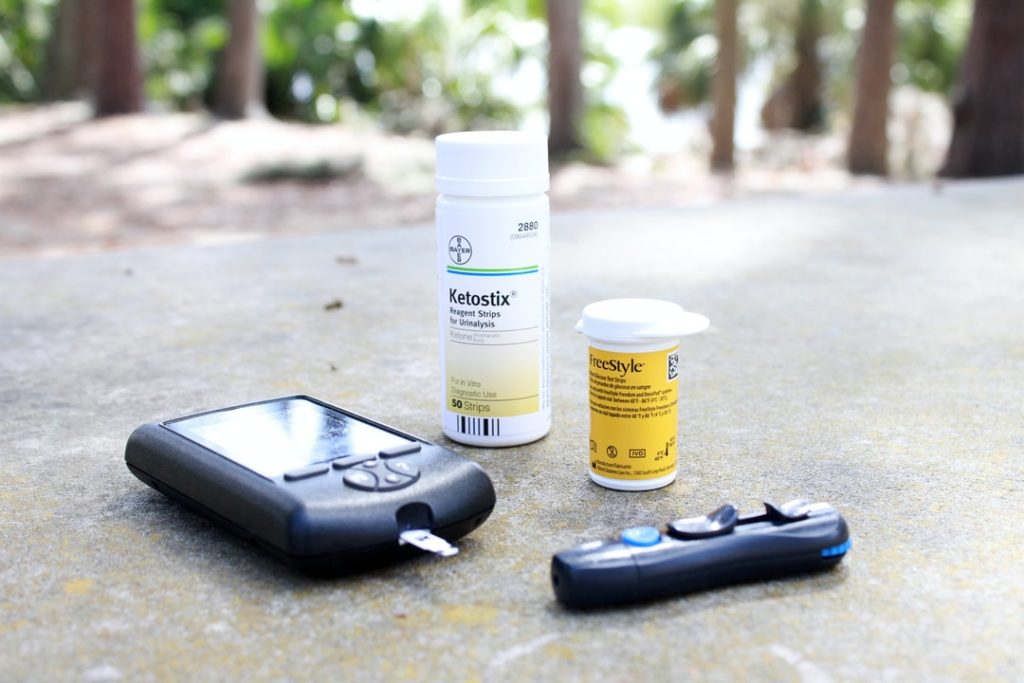People with diabetes often have difficulty choosing or preparing meals at home. It’s a balancing act to obtain required nutrition, while limiting carbohydrates. The solution may be a diabetic meal delivery service, but many individuals don’t even know the services exist.
Before signing up for one of the services, make sure the meals are created by a registered dietician. The meals should be low calorie, but low-calorie counts shouldn’t translate into potions so small that people find themselves ravenous 2 hours later.
Individuals should have the option of including healthy snacks and choose the meals they receive. Some services require that customers pay extra for the ability to make personal choices. There should also be options for individuals that are vegan, gluten intolerant, and those that must be mindful of their sodium intake. Ideally, meals should be packaged in microwave safe containers.
The plans can be pricy, ranging from $7 to $8 per meal and as high as $11 to $14 per meal. Some services charge a flat fee per day or week and others require customers to order a month’s worth of meals at a time. Shipping may or may not be included in the cost.
An additional consideration is if the meals come pre-cooked, if they have to be cooked at home, and how much preparation clients must perform. Some services simply provide the ingredients and recipes, but prep and cooking are left to the customer.
Diabetic meal services can be ideal for those that don’t like to cook, live busy lifestyles, or are having a lot of trouble maintaining appropriate blood glucose levels. Meals are designed to help people manage their glucose levels throughout the day, but not all plans enable customers to choose the meals they want. The plans can cost more than eating at home and before signing up for any plan, read all the fine print.
If you would like to find out about earning cash for your unwanted, unused and boxed test strips, complete our online quote form today.
If you have extra, unopened and unused boxes of diabetic test strips – whether you have switched brands, no longer need to test or test less frequently, or have a loved one who has passed away – don’t let them gather dust until they’ve expired and end up in the trash. We’re the best place to sell diabetic test strips online, and if you want to sell your test strips, we’re here to make the process easy and enjoyable!
Visit us at Sell Your Test Strips and get your free quote today!










